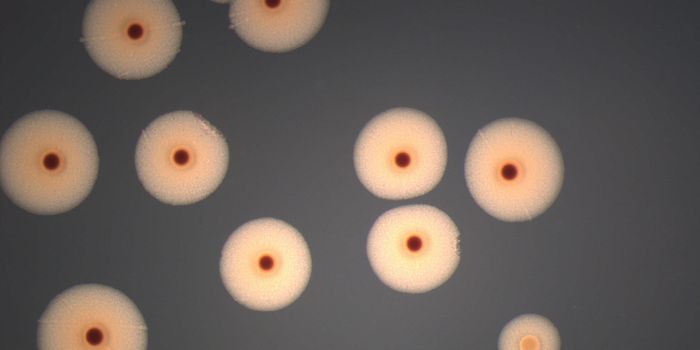Breakthrough Drug Reduces Inflammation and Pain in Arthritis
Researchers from the Universities of Oxford and Birmingham in the UK have found that otilimab can reduce inflammation and pain scores in patients suffering from Rheumatoid Arthritis. The study was sponsored by the pharmaceutical company GlaxoSmithKline.
Otilimab is a monoclonal antibody, biologic drug. It works by suppressing the release of inflammatory cytokine GM-CSF, a white blood cell growth factor. As such, the researchers set out to explore the drug's efficacy in patients with rheumatoid arthritis in preventing inflammation, tissue damage, and pain.
For the study, the researchers assessed the results of five doses of the drug (22.5 mg, 45 mg, 90 mg, 135 mg, or 180 mg) against a placebo on 222 patients with the condition. Each received subcutaneous injections of the drug or placebo for five weeks, and then once every two weeks over a year.
All in all, the researchers found that otilimab usage was linked to a significant reduction in pain scores, as well as in tender and swollen joints. Those in the 90 mg group saw the most significant reductions.
Throughout the trial, the researchers reported adverse events in 40-65% of those taking otilimab, and 49% of those in the placebo group. The most common side effect was nasopharyngitis, known as the common cold, which occurred in 4-24% of the otilimab groups and 3 -21% of the placebo group. More adverse events were rarer and included foot fracture (those on the otilimab 45 mg dose), dizziness (otilimab 90mg), and uterine leiomyoma or noncancerous growths on the wall of the uterus (otilimab 125mg).
"The assumption has always been that if drugs suppress inflammation, they will also help suppress pain, but this hasn't always been the case. Now, for the first time we are seeing a biologic therapy, the first in the rheumatoid space, that offers two for the price of one. It's suppressing inflammation, but it's also helping pain, and that's very important to the patient." says Chris Buckley, lead author of the study.
Sources: EurekAlert, The Lancet









